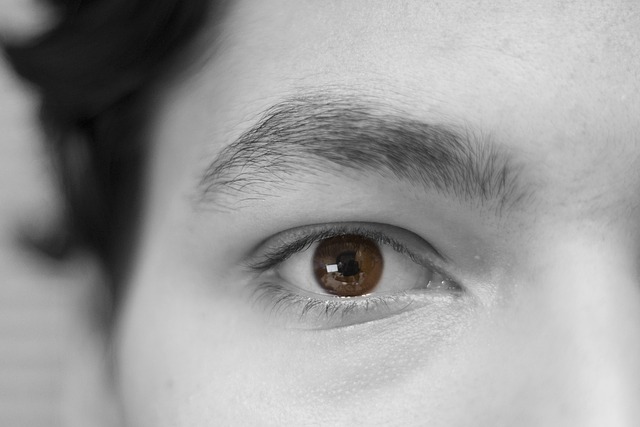clear
How can human trafficking of migrants be stopped?
clear

source:
abdullah_boraik / Pixabay
If a country functions according to the system where rule of law is being complied with by all state bodies, it is easier to stop human trafficking than otherwise because in this case the probability of involving local and border migrant services in human trafficking is low. However, only a few countries have managed to achieve success to this end. More often than otherwise we nowadays here about new scandals involving bribery of migrant services in CEE in order to cover for and participate in a profit-share of migrant human trafficking. In addition to that economic condition in a country, its unemployment rate and ability to provide decent social services to its own unemployed population would also favor illegal migrants' integration and accommodation or otherwise.
clear
 Olga www.facebook.com/olga.terenetska
6 years, 2 months ago
Olga www.facebook.com/olga.terenetska
6 years, 2 months ago
I think the most important way to stop migrant human trafficking is by offering migrants protection. Many migrants (especially those that are undocumented) feel that they cannot report crimes committed against them, for fear of being deported. Many have also faced discrimination from the police or other law enforcement agencies and feel that they will not be protected or listened to if they report a crime. Human traffickers use this to target migrants. To stop human trafficking of migrants, we must first ensure that migrants will be listened to, protected, and not deported if they report a crime. If migrants were regarded as the rest of the citizens by law enforcement agencies, they may not be targeted by human traffickers.
 0
0
clear
Current figures suggest that at any one time around 2.5 million people are being trafficked for use as illegal labour, prostitution of both women and men, drug trading and paedophile activities. Human Trafficking is the modern equivalent of historical slavery. Corruption in government and higher authorities often contributes to human trafficking and many countries weakly penalise those that are caught dealing in humans as goods. Often action groups focus on providing information and raising awareness which helps identify traffickers or trafficking situations. This is in addition to providing support and guidance for those who have been rescued from trafficking. However often these are reactionary responses. Increasing national penalties for traffickers may assist in acting as a deterrent, however the people who carry out the physical activities are likely not those who benefit to the financial maximum. Individual countries are also likely to implement their own rules. In Europe, standard legislation could be passed with regard to all member nations in respect of minimum penalties. A European-wide force could also be authorised to investigate trafficking crimes and have jurisdiction over the authorities of each member state to take the investigation further and so usurp the power of those behind the problem.
 0
0
clear

Sign up to post or vote on answers.
Improveo will help systemize your knowledge.